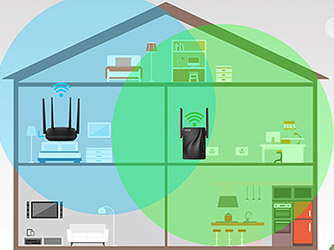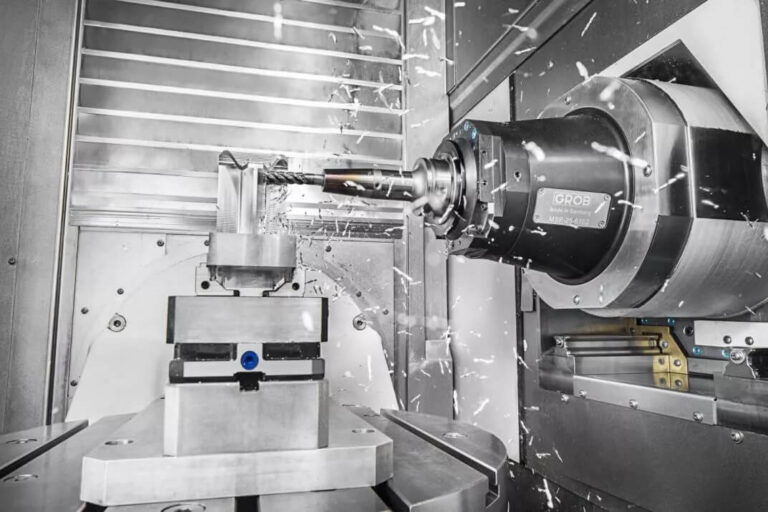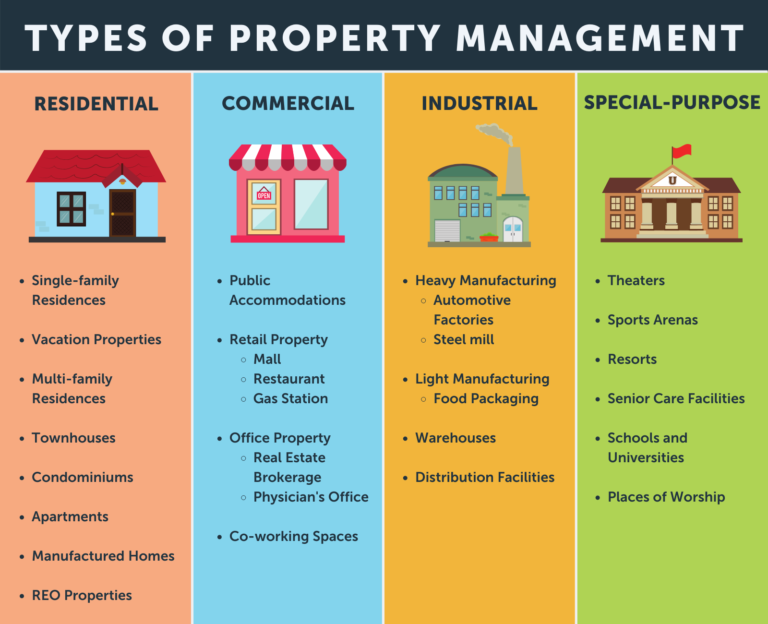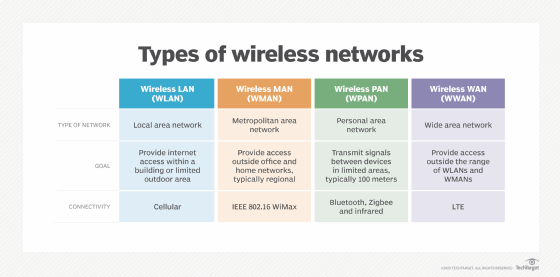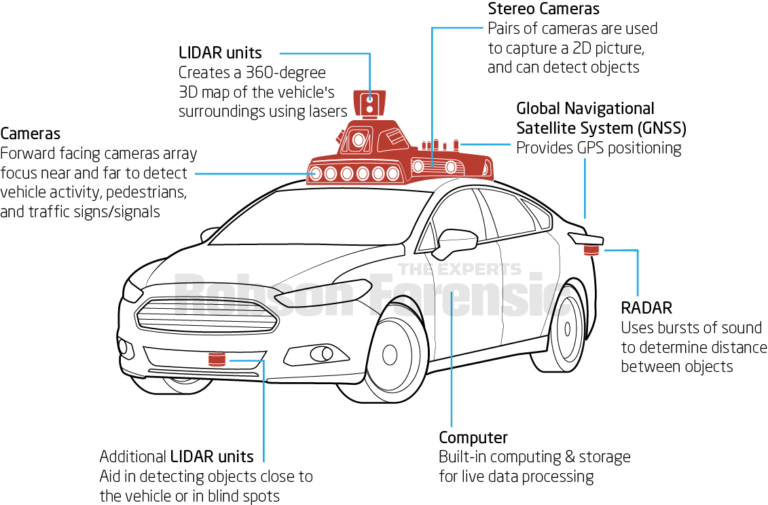Does WiFi Extender Reduce Speed?
A WiFi extender is a device that can be used to extend the range of a WiFi signal. It can also be used to improve the quality of the connection in areas that are further away from the router. The main purpose of a WiFi extender is to help improve the signal strength of a wireless network by amplifying the existing signal. However, it is important to note that using a WiFi extender may reduce the speed of the network. This is due to the fact that the extender has to receive the signal, amplify it, and then send it out again, which can cause a drop in speed. Therefore, if speed is important, it is important to consider the potential drawbacks of using a WiFi extender.
What is a WiFi Extender?
WiFi extenders are devices that help increase the range of a wireless network. By connecting to the same wireless network, they extend the coverage of the signal, allowing users to stay connected in areas where the signal is weak or nonexistent. WiFi extenders can work with any type of wireless router, including those that use the latest 802.11ac or Wi-Fi 6 technology, and they are often used to extend the range of public hotspots in areas like airports, cafes, and hotels.
But what’s the effect on speed when using a WiFi extender? Well, it depends on a few factors, including the type of extender, the quality of the signal, and the distance from the router. Generally, WiFi extenders reduce the speed of the signal, but this can be minimized by using a high-quality extender with a strong signal and keeping it within a reasonable distance from the router. Additionally, the latest extenders are designed with advanced technology that can help reduce the speed loss significantly.
How Does a WiFi Extender Work?
WiFi extenders are devices that extend the range of your existing WiFi network, allowing you to access the internet from farther away. But how does a WiFi extender work?
A WiFi extender takes the signal from your router and amplifies it, creating a stronger, more reliable connection throughout your home or office. It works by connecting to your router and creating a new network, which then serves as an extension of the existing network. The extender then takes the signal from the router and increases its range, so you can access the internet from farther away.
WiFi extenders can be a great way to extend the range of your WiFi network, allowing you to stay connected from farther away. However, it’s important to note that a WiFi extender can reduce the speed of your connection. This is because the extender needs to process and transmit the signal, which can slow down the connection.
To ensure that your WiFi connection remains fast and reliable, it’s important to place the extender in a spot that’s close enough to the router. This will ensure that the signal remains strong and the connection remains fast.
Benefits of Using a WiFi Extender
WiFi extenders are growing in popularity as an effective way to boost the signal range and improve the overall performance of a home or office wireless network. With a WiFi extender, you can extend the reach of your internet connection to places where the signal might not normally reach, such as a basement or a distant corner of a large room. But does a WiFi extender reduce speed?
The short answer is no, a WiFi extender does not reduce internet speed. In fact, it can improve speed in certain situations. By picking up the WiFi signal from your router and rebroadcasting it, a WiFi extender can improve the signal strength in areas of your home or office that are relatively far away from the router. This can help reduce the amount of time it takes to download files, stream videos, and perform other internet-related tasks.
In addition to improving speed, a WiFi extender can also reduce the number of dead zones in your home or office. Dead zones are areas where the signal is weak or non-existent. By placing a WiFi extender in those spots, you can fill in the gaps and create a more reliable connection.
Overall, the benefits of using a WiFi extender far outweigh any potential drawbacks. Not only can you enjoy faster speeds and fewer dead zones, but you can also improve the security of your network by reducing the chances of a malicious actor intercepting your data. With all of these advantages, it’s no wonder that WiFi extenders are becoming an increasingly popular way to improve the performance of a home or office wireless network.
Potential Disadvantages of Using a WiFi Extender
Wi-Fi extenders are a great way to improve the signal strength and coverage of your home or office network, but it is important to understand the potential drawbacks of using one. A WiFi extender works by receiving a weak wireless signal from your router and then rebroadcasting it at a stronger signal using a different frequency. While this can help extend coverage and speed, there are potential disadvantages to consider.
The first and most obvious disadvantage is cost. WiFi extenders can be expensive, especially if you need to cover large areas. Additionally, the extender can reduce the speed of the network as it splits the bandwidth between the main router and the extender. This can be especially noticeable if you have multiple devices connected to the extender as the bandwidth is spread even thinner.
Another potential disadvantage is that the extender can interfere with other wireless devices in the vicinity, such as cordless phones or baby monitors. This interference can cause the wireless signal to become unstable and degraded. Finally, extenders may require you to manually switch between the main router and the extender, depending on the distance from each device. This can be inconvenient and time-consuming.
Overall, WiFi extenders can be a great way to extend the coverage of your network, but it is important to understand the potential disadvantages before investing in one. You should weigh the costs against the benefits to decide if a WiFi extender is the best solution for your needs.
How to Optimize Performance with a WiFi Extender
WiFi extenders are a great way to extend the reach of your home or office network. But for many, the question is: do WiFi extenders reduce speed? The answer is not necessarily. While it’s true that a WiFi extender can reduce signal strength, it also provides more access points and can help optimize network performance. Here’s how to get the most out of your WiFi extender:
1. Choose the right location: Make sure the extender is placed in an area with good signal strength and away from any electromagnetic interference sources such as microwaves.
2. Update Firmware: Make sure you have the most up-to-date firmware for your WiFi extender. This will ensure that you are taking advantage of the latest features and performance optimizations.
3. Use DD-WRT: By installing DD-WRT firmware on your router, you can get more features and performance out of your WiFi extender.
4. Use the Right Channels: Make sure your router and extender are using the least crowded WiFi channels to maximize performance.
5. Monitor Performance: Monitor your network performance with a tool like Wi-Fi Analyzer to make sure your WiFi extender is performing as expected.
By following these steps, you can make sure your WiFi extender is optimized for performance and not reducing your network speed. With the right setup, you can make the most of your WiFi extender and enjoy the added benefits of a strong and reliable WiFi signal.
Conclusion
When it comes to deciding whether a WiFi extender is right for you, the answer depends on your specific needs. In most cases, a WiFi extender will reduce the speed of your connection, but it will also increase the range of your network. Therefore, if you need to extend the reach of your internet connection, then a WiFi extender is a great option. On the other hand, if you are looking for a more reliable connection and do not need to extend the range, then a WiFi extender may not be the best choice. Ultimately, the decision of whether to use a WiFi extender or not should be based on your own individual needs.
FAQs About the Does WiFi Extender Reduce Speed?
1. How does a WiFi Extender affect the speed of my internet connection?
A WiFi Extender can help to improve the speed of your internet connection by improving the signal strength. However, it is important to note that the extender itself will not directly increase the speed of your connection, but rather extend the range of the signal so that more devices can access the internet at once.
2. Does a WiFi Extender reduce the speed of my internet connection?
No, a WiFi Extender should not reduce the speed of your internet connection. In fact, it can improve the speed by increasing the range of the signal so that more devices can access the internet at once.
3. Is a WiFi Extender the best way to improve my internet speed?
It depends on your specific situation. A WiFi Extender can improve the speed of your internet connection by increasing the range of the signal, but it may not be the best solution for everyone. Other options such as upgrading your modem and router, or switching to a faster internet plan may be better solutions for some people.
Conclusion
In conclusion, WiFi extenders can potentially reduce speed, depending on the strength of the signal, the distance of the extender from the router, and the number of users connected to the network. However, if used correctly, WiFi extenders can actually help to increase the speed of the network, as they can extend the range of the WiFi signal and allow for more devices to connect.
